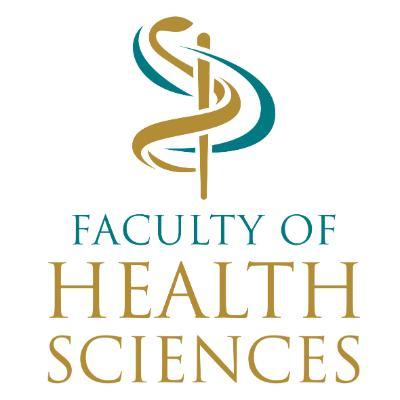
Teaching
The department offers postgraduate training at Honours, Masters and PhD level.
The Immunology Honours is a one-year full-time programme, consisting of two components, namely coursework (IMML4001A) and a mini-research project (IMML4002A). The course work is delivered in the form of formal lectures; practical sessions; research methodology; journal clubs and small group teaching.
The mini-project introduces students to Immunology research, which is carried out under supervision. Specific research areas of interest include Infectious Diseases, Autoimmune Diseases, Allergy and Transplant Immunology.
MSc and PhD programs are full-time research and on a full-time study basis. Only in exceptional circumstances will part-time study be considered. Full-time research projects will be assigned following discussion with potential supervisors.







